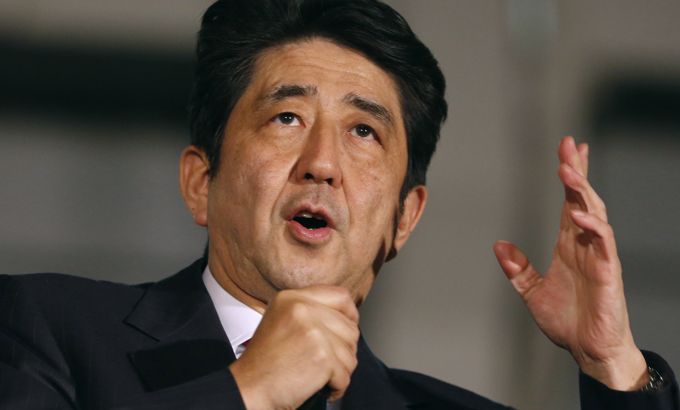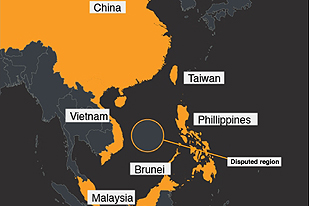Japan conservatives projected to win election
Polls have closed in Japan and former premier Shinzo Abe is expected to return to power

Japanese are casting their ballots in a general election likely to return long-ruling conservatives to power after a three-year hiatus.
| Tobias Harris, an expert on Japanese politics, says voters are not enthusiastic about the choices they face in the election |
Major newspapers were predicting the Liberal Democratic Party, led by former Prime Minister Shinzo Abe, would win a majority of the seats in the 480-seat lower house of parliament.
Surveys also showed, however, that many voters remained undecided just days before Sunday’s vote.
Shinzo Abe appeared set for a return to office, after a campaign in which he has sketched out a harder line on foreign policy, as tensions rise with China over disputed islands in the East China Sea.
Abe, whose brief period as prime minister in 2006-7 ended ignominiously, has pledged to right Japan’s listless economy, which has suffered years of deflation, made worse by a soaring currency that has put pressure on exporters.
Broadcasters’ exit polls are expected to give a reasonable indication of the final outcome shortly after the ballot boxes are sealed at 8pm local time (11:00 GMT).
‘End deflation’
“With stronger monetary policies, fiscal policies and growth policies, we will end deflation, correct a high yen, and grow the economy,” Abe said in a final appeal to voters on Saturday.
|
“The election is about whether we can move forward or turn back the clock“ – Yoshihiko Noda, |
He has also pledged to boost spending on infrastructure projects at a time when large parts of the tsunami-ravaged northeast have yet to see significant rebuilding following the March 2011 catastrophe.
Japan’s Prime Minister Yoshihiko Noda, who is also the leader of the ruling DPJ, urged voters not to return to the LDP, which governed Japan almost continuously for more than five decades before his party came to power three years ago.
“The election is about whether we can move forward or turn back the clock,” he said while campaigning at a train station near central Tokyo, according to the Sankei Shimbun newspaper.
Security woes
Public unease about a deteriorating security environment – North Korea launched a rocket over Japan’s southern islands last week and China sent a plane into Japanese airspace – has bolstered Abe’s cause.
 |
| Infographic: Island row around China |
He has promised to boost defences and re-anchor a security alliance with the United States that is widely thought to have drifted under Noda’s DPJ.
The DPJ disappointed electors who handed it a large majority in 2009 polls. Policy missteps, diplomatic gaffes and factional infighting led to the resignations of three prime ministers in as many years and squander its electoral hand.
The confused response to the disaster at Fukushima where nuclear reactors went into meltdown after the tsunami last year did not help their popularity.
Opinion polls show that despite a strong anti-nuclear feeling in Japan, an array of smaller parties promising an atomic exit may struggle to get much traction.
But commentators say there is little enthusiasm for any party, and the LDP’s likely victory will come from their perceived status as the least-worst option.